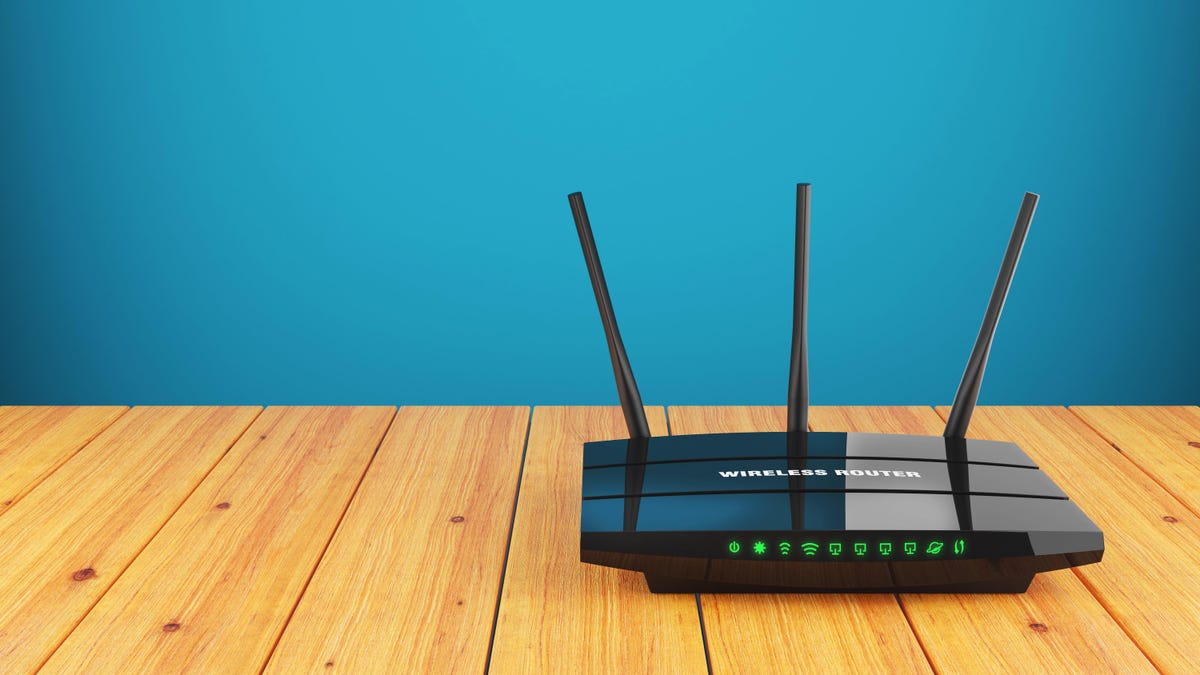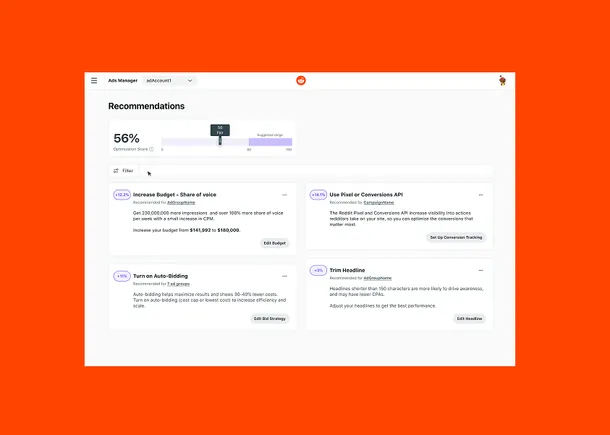Do we really need another dairy milk alternative? This M’sian brand says yes, peas.
Snappea is a Malaysian brand of milk made out of peas which supposedly contains more protein and is more sustainable compared to dairy milk.

Milk alternatives are nothing new. At this point, I’ve come across soy milk, almond milk, oat milk, and heck, even macadamia milk. Other milk alternatives I’ve heard of but have yet to see include hemp milk, rice milk, cashew milk, and more.
And now, I’ve learnt about the existence of yet another option pea milk—which a homegrown brand called Snappea has been producing.
When I first came across Snappea, I was quite surprised. Milk made from nuts was no longer a surprise to me, but peas? It had me wondering what it smelled and tasted like.
Founder and director Jason Chen claimed that Snappea is the “first pea milk in Asia”. A quick Google search showed that there aren’t many pea milk brands globally to begin with.
Snappea launched mid-pandemic, though that certainly wasn’t something the company had intended to do. The development of the milk brand actually began in late 2019, but we already know what came next.
“We pivoted and launched Snappea via online channels first before offline distribution,” Jason said. “Surprisingly, the online response was good. We didn’t expect that customers would be comfortable with buying milk online.”
 Image Credit: Snappea
Image Credit: SnappeaOfficially launched in May 2020, Snappea is now two years old, and can already be found in various supermarket shelves. Thanks to the company’s prior experience with a protein shake brand, Heal Nutrition, the team had an easier time building trust with business partners.
On top of that, the milk was also funded by Cradle, an early-stage startup influencer incorporated under the Ministry of Finance. Last year, Snappea also successfully closed its Series A funding from OSK Ventures International Berhad.
It seems like Snappea’s pea-vot (I had to) during the pandemic was well worth it.
Why Peas? (Pea-cause).
On Snappea’s website, there is plenty of information on why peas may make for a superior ingredient in milk alternatives. While there are other factors in the mix, one main argument Snappea has for the use of peas is its sustainability.
According to the Snappea website, which uses information from the BBC climate change food calculator, peas emit fewer greenhouse emissions than beef by 500 times. While 1kg of dairy milk accounts for 3.1kg of greenhouse emissions, 1kg of peas only emits 0.2kg.
 Image Credit: Snappea
Image Credit: SnappeaBut do note that this is comparing dairy milk to raw peas, not dairy milk to pea milk specifically, so the carbon emissions (assuming machinery is used) from processing peas into pea milk aren’t taken into account. This is something that Snappea doesn’t emphasise on its website.
So let’s consider other milk alternatives, then. How about almonds?
“Nuts like almonds may have similar levels of carbon emissions [to peas], but they are way too water-intensive,” Jason refuted. “Just for perspective, one piece of almond requires over four litres of water to harvest, which is an insane amount of water.”
 Image Credit: Snappea
Image Credit: SnappeaTruthfully, academic research on pea milk’s carbon emissions is slightly lacking. However, there was a study done by Life Cycle Associates that showed one litre of pea milk results in 387g of carbon dioxide (CO2) emissions.
Meanwhile, one litre of almond milk results in 396g of CO2 emissions and soy milk, 397g.
The catch? The research was commissioned by a vegan pea milk brand, Ripple.
Nevertheless, milk alternatives have been proven time and time again that they are much better than dairy milk. Plus, the team at Snappea seem to take sustainability seriously. On top of using environmentally sound materials, they also follow through by using 100% recyclable packaging.
Straight out of Canada
Now we know the reasoning behind milking peas. But does it have to be Canadian peas, specifically?
“Canada is the largest producer of peas in the world,” Jason reasoned. “With its economies of scale, it will definitely be more sustainable and cost-effective to source from Canada, which also has the best quality peas.”
 Image Credit: Snappea
Image Credit: SnappeaOne concern I had with importing the peas from Canada, however, was the carbon footprint that would be left by the transportation. For reference, Canada is roughly 13,000km away from Malaysia, where Snappea is produced and packaged.
An article from The Guardian also presents a similar argument, looking at the soy milk brand Ripple which ships its peas from France.
But to Jason, it isn’t viable for local farmers to produce crops like almond, oat, soy or pea sustainably, once again due to economies of scale. This means all the crops that are suitable to produce alternative milk have to be imported.
“With transportation being constant and looking at farming alone, pea farming still comes out as the winner, with far lesser carbon emission and water usage in comparison to other plant-based choices out there,” he concluded.
Can Malaysians go pea?
With Jason’s explanation, it seems like pea milk is one of the top milk alternative options, or at least a viable one. According to Jason, retailers such as 7-Eleven, Jaya Grocer, Village Grocer, emart24, and AEON already carry Snappea. The pea milk brand is also available in Singapore and Brunei.
Just because it’s in high-profile retailers doesn’t mean Malaysians are ready for it, though. So far, I haven’t met a person who drinks pea milk exclusively, or has even tried it. It’s something that Jason and his team have acknowledged too.
 Image Credit: Snappea
Image Credit: Snappea“I always believe that adopting a plant-based lifestyle is not an overnight change,” Jason shared. “The change would be gradual and any efforts to reduce meat and dairy consumption is a step forward to a plant-based society.”
To Jason, Snappea is part of that effort to become dairy and meat-free, especially as he believes Snappea to be the first pea milk brand in Asia. But he also believes that it will take more time before pea milk becomes a go-to milk alternative.
“Oatly got popular in the past couple of years and people see it as an overnight success,” he mentioned. “In actual fact, Oatly was founded in 1994, 28 years ago from today. It shows that it takes time to educate the market.”
With the increasing awareness of plant-based diets among consumers, Jason foresees that Snappea’s projected take-off timeline will be way shorter than Oatly’s. Add in Snappea’s role in educating the public about pea milk, and Jason pins their goal achievement to be within the next five years, hopefully.
Learn more about Snappea here.Read other articles we’ve written about Malaysian startups here.Featured Image Credit: Fibi Cheong & Justin Chan, founders of Snappea

 Fransebas
Fransebas 































